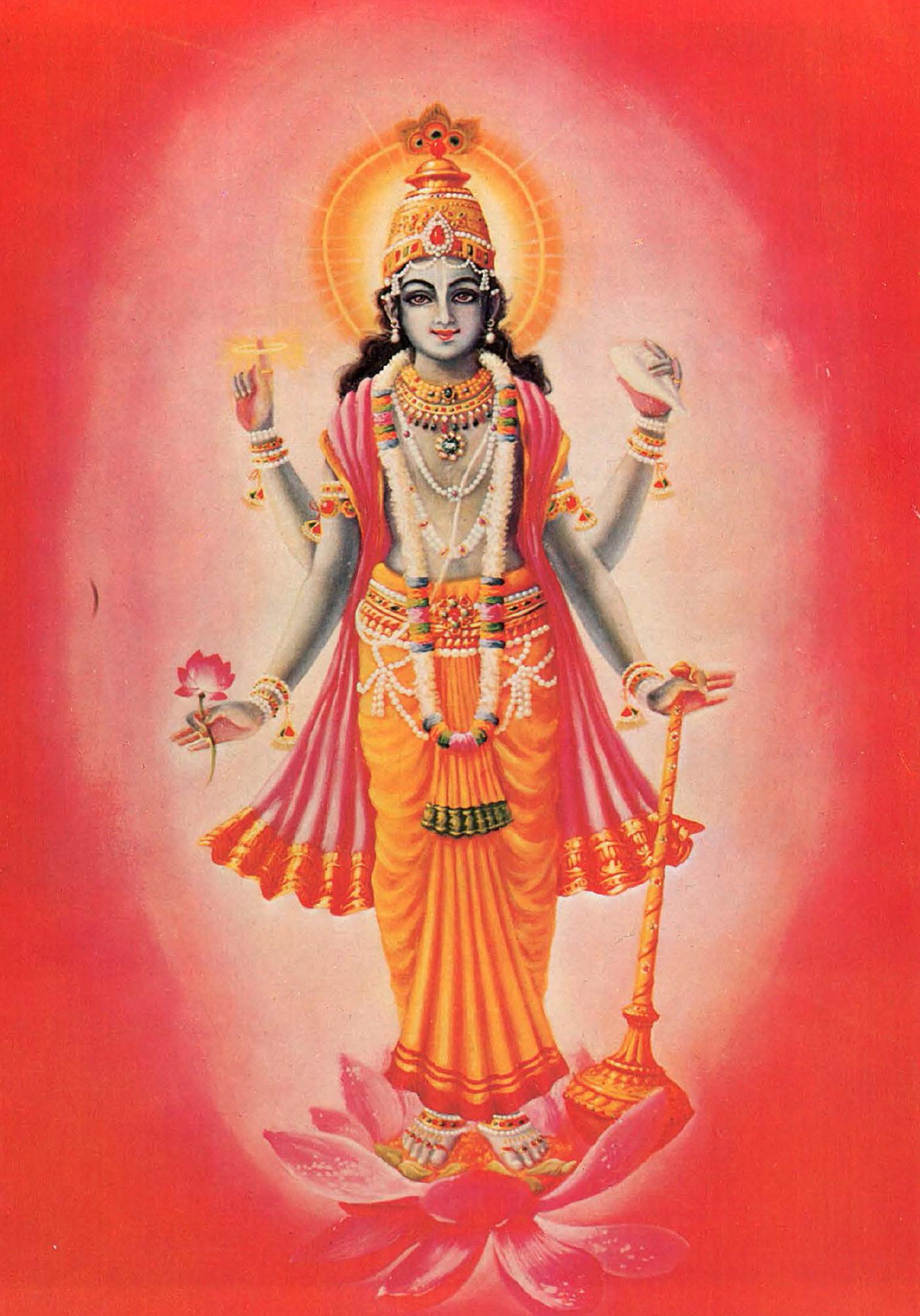33. "The true meaning of tṛṇād api sunīcatā is the actual ability (adhikāra) to perform kīrtana. In other words, it means to have true taste for chanting the holy names, identifying oneself as the servant of Śrī Nāma."
Question: What is the true meaning of being humbler than a blade of grass?*
_____________
* C.f. Śrī Śikṣāṣtaka (3): “tṛṇād api sunīcena taror api sahiṣṇunā amāninā mānadena kīrtanīyaḥ sadā hariḥ”
Answer: Although the Vaiṣṇava is the topmost personality, he considers himself more insignificant than a blade of grass. In reality, he is not insignificant or lowly. Rather he is worthy of being honoured by the Supreme Lord Himself. Vaiṣṇavas are worthy of everyone’s worship and honour. This is why the word su-nīca* has been used instead of simply nīca (low).
_____________
* Apart from adding emphasis, the prefix su- indicates goodness, virtue and beauty. Therefore sunīca has often been translated as ‘humbler’ rather than ‘lower’.
“I am the dust of the lotus feet of Śrīla Gurudeva. I am the servant of śrī guru and Śrī Kṛṣṇa.” This transcendental self-conception (abhimāna) is indeed tṛṇād api sunīcatā* – being humbler than a blade of grass.
_____________
* ṭṛṇāt – than grass; api – even; sunīca – humbler; tā – the quality. Hence, tṛṇād api sunīca-tā indicates the quality of being even humbler than grass.
Śrīman Mahāprabhu gave three teachings: compassion toward all living entities (jīve-dayā); taste for the holy names (nāma ruci); and service to the Vaiṣṇavas (vaiṣṇava-sevā). Tṛṇād api sunīcatā does not mean duplicity – enacting humility externally or through words alone. The true meaning of tṛṇād api sunīcatā is the actual ability (adhikāra) to perform kīrtana. In other words, it means to have true taste for chanting the holy names, identifying oneself as the servant of Śrī Nāma.
Service to śrī guru and the Vaiṣṇavas is the only doorway to attaining taste for chanting the holy names. That service alone is tṛṇad api sunīcatā. One’s expression of lowliness (nīcatā), humility or prayer for mercy should be exhibited in front of the Vaiṣṇavas, not in front of avaiṣṇavas.
The mahājanas (the great spiritual authorities) have advised that one’s humility should not be made evident in front of anyone and everyone. To express one’s humility in front of an atheist who is envious of śrī guru and the Vaiṣṇavas, in front of a demoniac person like Rāvaṇa or in front of a pretentious brāhmaṇa, is not vaiṣṇava-sevā, nor is it tṛṇād api sunīcatā. If a person does so, he can never attain the ability to perform kīrtana, nor can he develop taste for chanting the holy names. In fact, such a misplaced display of humility is an act of violence toward other living entities. On the other hand, when Śrī Hanuman, the devotee of Śrī Rāma, set all of Lanka on fire, it was truly tṛṇād api sunīcatā.
by Śrīla Bhaktisiddhānta Sarasvatī Ṭhākura Prabhupāda
Translated by the Rays of The Harmonist team
from Śrīla Prabhupādera Upadeśāmṛta
Questions re-numbered for this on-line presentation
Please ask for permission before using the Rays of The Harmonist banner-logo.





Comments
Post a Comment